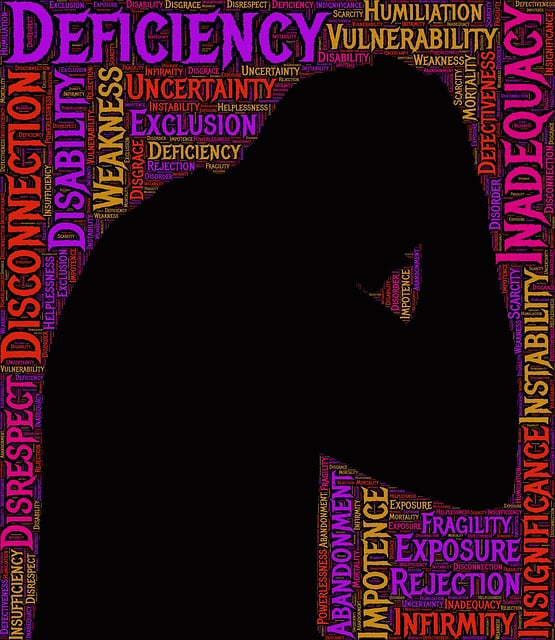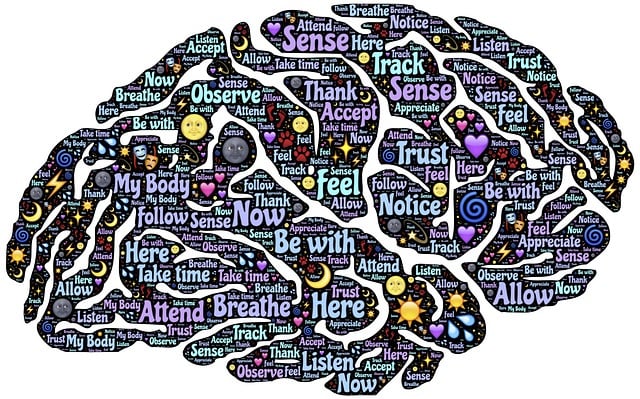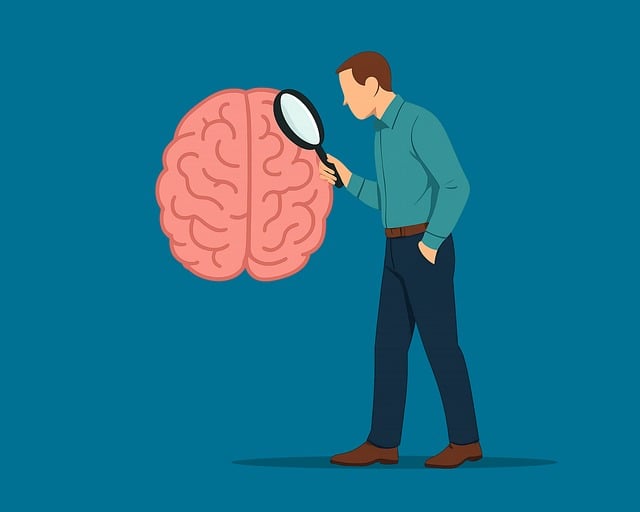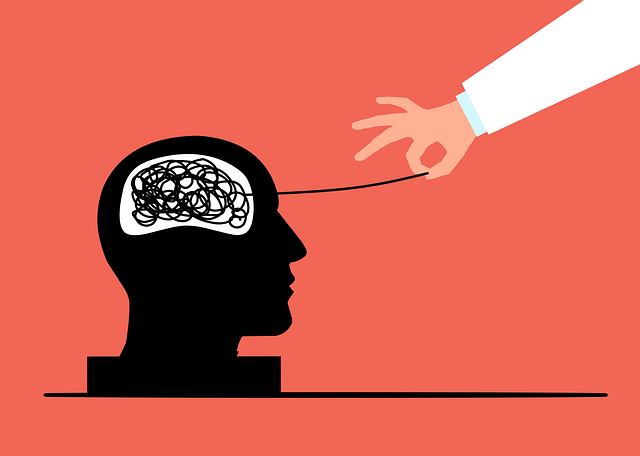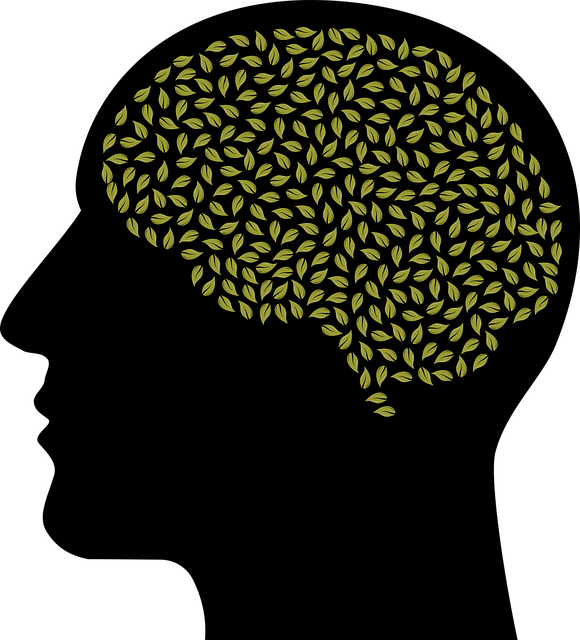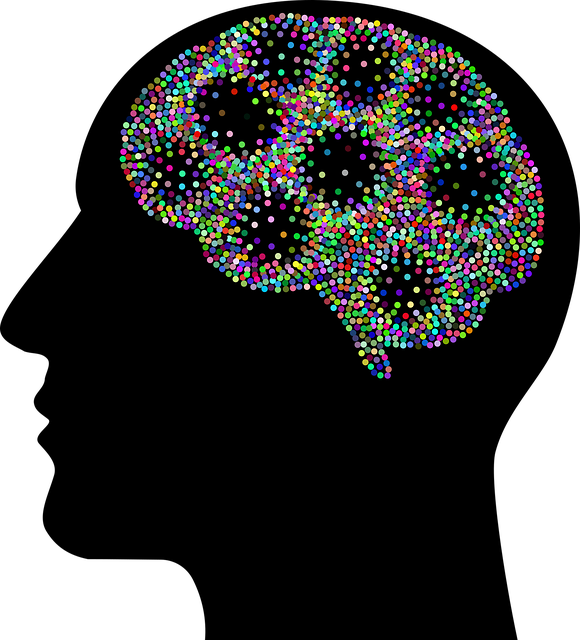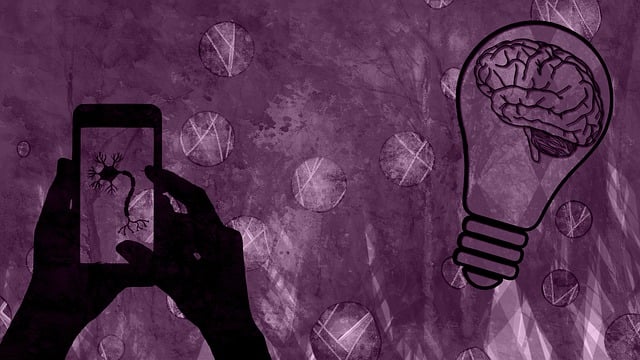Golden ADD-ADHD Evaluations are key in crisis intervention, offering personalized therapy tailored to individual neurobiological profiles. By assessing symptoms and cognitive functions, mental health professionals design targeted interventions for ADD or ADHD, enhancing emotional intelligence and stress management. Social skills training, cultural sensitivity, CBT for mood management, structured routines, conflict resolution techniques, coping mechanisms, and risk management planning combine to create a robust framework for crisis intervention, fostering improved coping mechanisms and long-term mental health stability.
In times of crisis, effective intervention strategies are vital for supporting individuals with ADD-ADHD. This comprehensive guide delves into three key areas: understanding Golden ADD-ADHD Evaluations for precise identification; exploring therapy approaches tailored to crisis situations; and implementing practical strategies to effectively assist those in distress. By unlocking the power of Golden evaluations and mastering therapeutic techniques, professionals can provide targeted support, fostering positive outcomes and enhancing well-being.
- Understanding Golden ADD-ADHD Evaluations: Unlocking Effective Intervention
- Therapy Approaches for Crisis Situations: A Step-by-Step Guide
- Practical Strategies for Supporting Individuals with ADD-ADHD in Times of Crisis
Understanding Golden ADD-ADHD Evaluations: Unlocking Effective Intervention

In the realm of crisis intervention strategies, Golden ADD-ADHD Evaluations play a pivotal role in unlocking effective therapy for individuals grappling with Attention Deficit Disorder (ADD) or Attention Deficit Hyperactivity Disorder (ADHD). These comprehensive evaluations go beyond mere diagnosis by providing valuable insights into the unique neurobiological makeup of each person. By meticulously assessing symptoms, cognitive functions, and executive skills, mental wellness professionals can tailor interventions precisely to meet individual needs. This personalized approach ensures that therapy is not one-size-fits-all but rather a powerful tool for enhancing emotional intelligence and managing stress.
Incorporating Mental Wellness Journaling Exercise Guidance into the intervention process further strengthens the support system. Journaling allows individuals to track their progress, reflect on challenges, and celebrate successes—a practice that cultivates self-awareness and fosters resilience. Additionally, Emotional Intelligence development is integrated into therapy sessions, empowering clients to understand and manage their emotions more effectively. To augment these efforts, Stress Management Workshops Organization can provide valuable resources and guidance, offering practical strategies for coping with everyday stressors and promoting overall well-being.
Therapy Approaches for Crisis Situations: A Step-by-Step Guide

In crisis intervention, effective therapy approaches are crucial for managing and resolving acute situations. A step-by-step guide to these strategies should commence with a thorough Golden ADD-ADHD Evaluation. This initial assessment helps identify underlying conditions that may exacerbate crisis tendencies, allowing professionals to tailor interventions accordingly. Once a comprehensive understanding of the individual’s needs is established, Social Skills Training can be implemented. Teaching individuals effective communication and interpersonal techniques empowers them to navigate challenging situations more adeptly.
Following this, incorporating Cultural Sensitivity in Mental Healthcare Practice becomes essential. Recognizing and respecting an individual’s cultural background ensures interventions are contextually relevant, enhancing engagement and therapeutic outcomes. Mood management strategies, such as cognitive-behavioral therapy (CBT), can be introduced to help individuals identify and alter negative thought patterns contributing to crises. By combining these approaches, professionals create a robust framework for crisis intervention, fostering better coping mechanisms and long-term mental health stability.
Practical Strategies for Supporting Individuals with ADD-ADHD in Times of Crisis

In moments of crisis, individuals with Attention-Deficit/Hyperactivity Disorder (ADD-ADHD) may face unique challenges that require tailored support. One effective strategy is to leverage structured routines and clear communication. Establishing consistent schedules and providing explicit, step-by-step instructions can significantly mitigate anxiety and restlessness associated with the disorder. For instance, a well-planned day, broken down into manageable chunks with designated breaks, can help individuals stay focused and manage their symptoms during a crisis.
Additionally, mental health professionals should be equipped with conflict resolution techniques to address potential disputes or misunderstandings. Teaching coping mechanisms and encouraging active listening fosters self-regulation. Moreover, integrating risk management planning into the support framework is vital. This includes identifying triggers, developing safety plans, and promoting positive coping strategies to minimize impulsive behaviors often linked to ADD-ADHD. By combining these practical approaches with a supportive environment, mental health professionals can contribute to reducing the stigma surrounding mental illness while empowering individuals to navigate crises more effectively.
Crisis intervention strategies, especially those based on Golden ADD-ADHD Evaluations and therapy approaches, are vital tools for supporting individuals with ADD-ADHD. By understanding unique challenges and implementing practical strategies, we can enhance their coping mechanisms and overall well-being. Integrating these methods into our approach ensures a more effective and empathetic response during crisis situations, fostering a supportive environment tailored to meet the specific needs of those with ADD-ADHD.
